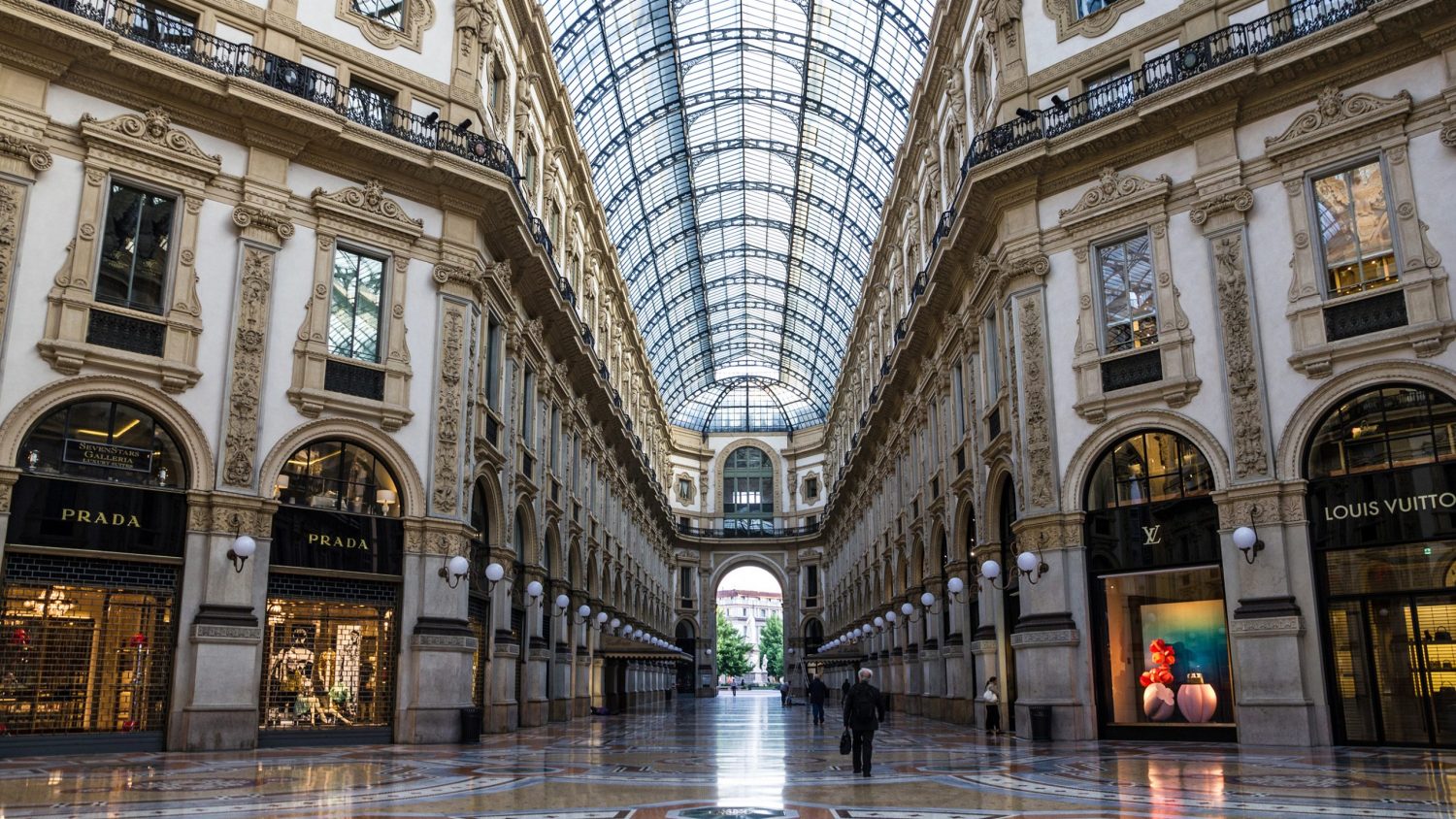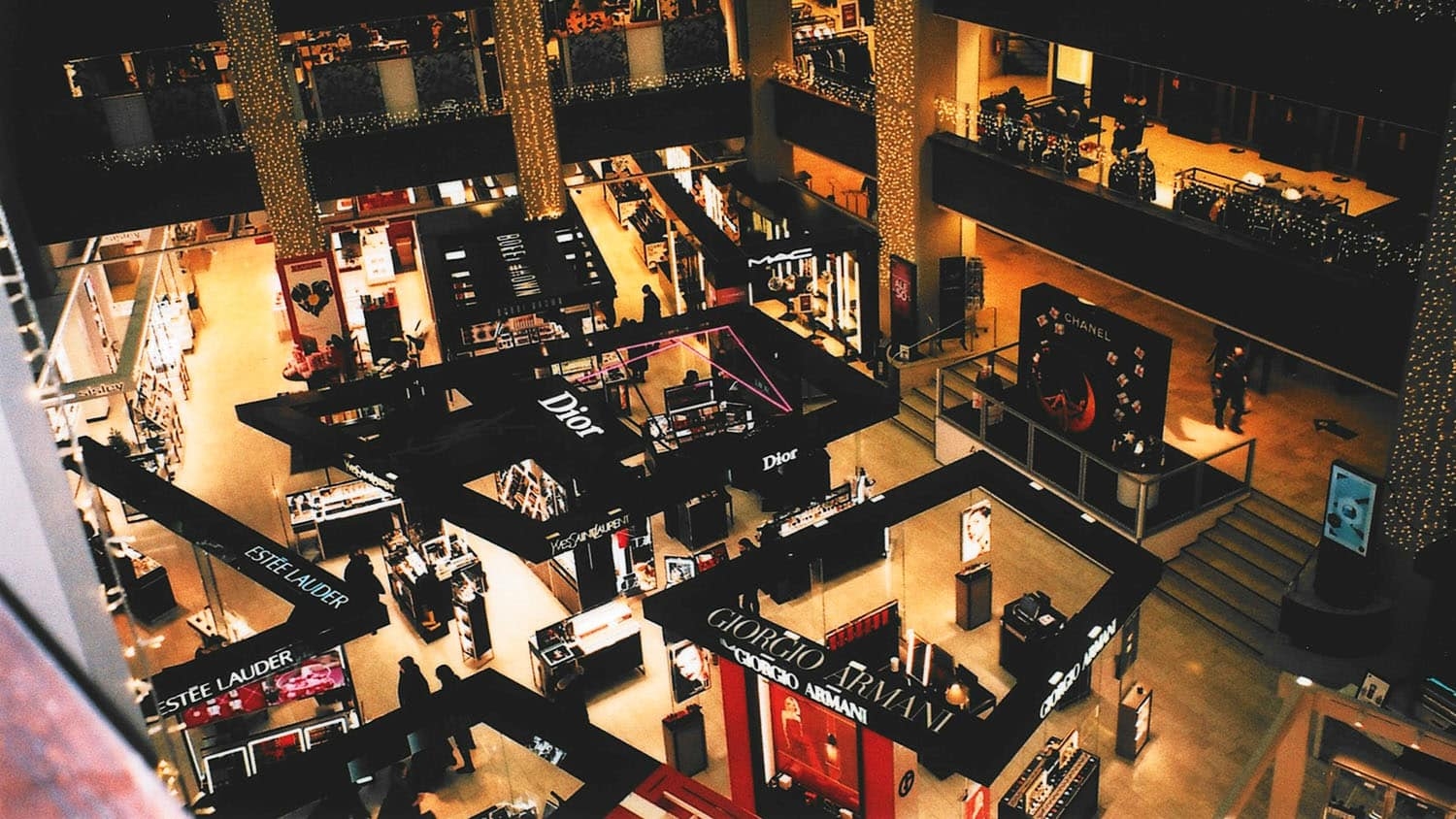COVID-19 and Luxury Social Media

The challenge COVID-19 presents to luxury companies is unique. As an industry traditionally built upon exclusivity, high prices and non-essentials, Kristie McGowan, director of Poole College of Management’s global and luxury management program, shares how luxury companies must now carefully choose how to acknowledge, respond to and engage with customers on social media amidst a global health and economic crisis.
The luxury industry was late to embrace e-commerce and social media – only doing so in recent years. Now luxury companies must decide whether to utilize digital platforms to address the crisis and engage with customers or remain silent. Luxury brands across all sectors – personal, experiential and transportation – are strategizing communication plans to not only mitigate the repercussions of the current crisis but to avoid future crises that missteps could introduce in an already fragile economy.
The social media response of luxury companies has varied. While some luxury companies have chosen to stay relatively silent, others have addressed the current pandemic head-on. It is clear that no luxury company wants to come off as insensitive and brands are left to predict what their customers want to see from them in uncertain times. Do customers want their Instagram feeds full of beautiful imagery from the latest ad campaign to escape from current realities? Do they want to know what a company is doing to support the pandemic? Or do they prefer not to engage with brands at the moment? There is no single answer.
With an already tenuous economy, luxury companies cannot afford an insensitive misstep in social media messaging. It is important for companies to show their customers they understand the current global plight. In fact, it gives them a unique opportunity to humanize themselves behind what is normally a carefully manicured brand image. In the early stages of the global crisis, many luxury companies either went silent on social media or continued posting visually attractive imagery. However, as COVID-19 impacted Italy and France, home to many luxury headquarters and manufacturing facilities, major luxury players started to redirect messaging. Silence was soon replaced with messages of hope, resilience and support.
This is an important shift because many luxury customers want to know what actions the brands they support are taking during the crisis. Customers, who are likely to come out of this crisis emotionally, mentally or financially changed, are more likely to reward companies whose values aligned with their own with future spending.
It is a sensitive and potentially profit-driving line to walk for an industry whose business is based on life’s luxuries versus necessities:
How does a luxury yachting company engage customers when their core product is temporarily unavailable due to travel restrictions? They don’t; instead, they appeal to a sense of wonder, past memories and future travels.
How does a jewelry brand sell precious jewels when so much of the world is in an economic crisis? They don’t; instead, they remind customers of the preciousness of what matters most – life itself.
How does a clothing brand keep running when there is nowhere for their products to go? They don’t; instead, they shift their manufacturing facilities to making masks and medical gowns for healthcare workers.
How does a beauty brand sell perfumes when people are staying at home? They don’t; instead, they shift production to hand sanitizer to support shortages.
How does a luxury automobile company sell cars when no one is driving? They don’t; instead, they shift production to lifesaving ventilators.
On the flip side, how does a private jet company not look as though they are benefiting from the crisis, while still advertising in-demand services? They don’t; instead, they promote the luxury of safety.
The answer to all of these questions is simple: They don’t.
Luxury brands are traditionally aspirational, not inspirational. The moment is now for them to shift to inspire, motivate, connect, humanize, support and uplift. They can do so by encouraging customers to dream about the future, remember the goodness of the past, recognize the preciousness of life and envision what is to come.
This is a critical moment for luxury companies to assess who they are, who they want to be and what they want to be known for. It is an opportunity for them to lift the curtain and authentically humanize their brand and their employees. It’s a chance to connect with customers on a level beyond their products and reach true authenticity, rather than manufactured authenticity. Doing so will afford new opportunities for engagement, connectedness and community – and hopefully when the time is right, future profitability.
COVID-19 provides luxury companies with the opportunity to fully embrace a shift that has been quietly reverberating within the luxury industry for the past few years: one toward true authenticity and tailored customer messaging via social media.
- Categories:
- Series:


